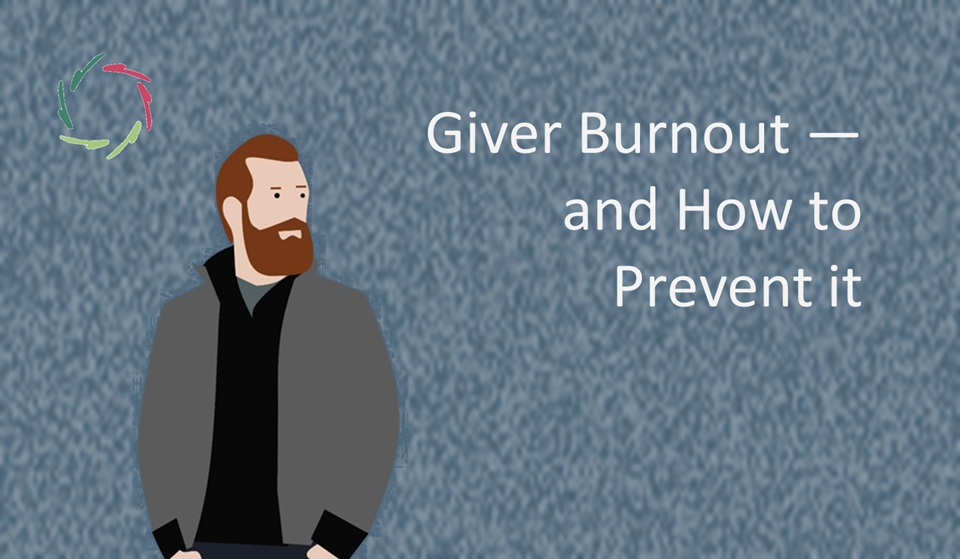Not Being Able to Help

For providers in healthcare and other service sectors, the inability to help can significantly fracture their sense of meaningfulness
People want to exist, which in a social world is mainly to be influential — in other words, being able to help.
We live in a service-providing culture.
Machines are taking over manual jobs — hard and soft labor. Of course, A.I. puts and will increasingly put even more strain on this.
What remains human is providing human services to other humans. This is where we will always keep finding our meaningfulness. Even if money disappears some day, the urge to help remains because it is the urge to be meaningful.
Not being able to help — profoundly
With lacking insight into the deeper side of human being, one may try to help and feel that it’s not helping on the right level.
More starkly, it may even be counterproductive regarding deep human needs. Consciously, one may keep on trying to help while deep inside (non-consciously), one may be well aware that it’s going either nowhere or in the other direction.
Some examples in the form of questions
“What can I do more for these chronic pain patients who keep returning with ingratitude in their eyes and desperate calls for help that I seemingly cannot provide?”
“Why are my subordinates so difficult to get motivated nowadays; shouldn’t they be happy to just have a job, and oblige to their boss?”
“Why are my children (or spouse, parents…) so ungrateful? Don’t they see how much I care, how much effort I put into their well-being?”
“Why are so many students (and their parents) becoming so increasingly demanding and as if the guilt for their failure comes down on me?”
“Why don’t I seem to find a job that fulfills me? What is wrong with me (or with this crazy society that I cannot escape)?”
Unsurprisingly, these examples come from professions and situations with ample burnout. For instance, the very high level of burned-out physicians is no surprise. Materialistic medicine doesn’t give them many tools to ‘go deep.’ In one word, it’s disastrous. Another word: ubiquitous. So, what may be the solution?
A good exercise
Try to find answers to the above questions while taking into account the ‘total self,’ as explained here versus a superficial layer of the same and in which originates zero motivation or true happiness.
Please take some time for this. Even if you already know the answer – or especially then – doing this exercise (again) may be pretty enlightening.
Not being able to help where it matters burns out the flame.
Energy lost — no energy regained.
Any solution to this starts with deep insight into the human being. Unfortunately, we are culturally in a spiral of ever less of this necessary insight, having replaced wisdom by knowledge, and a real search for happiness by technological efficiency. We’re living in a burnout society.
Rationalizing business processes, human factors are often rationalized out of them. Ultimately, is this approach truly rational?
No
Rationality and depth are not even two sides of the same coin. They are fully the same coin.
In a rational world, we need to take humans as they are. Only then can one give them the means to be able to really help each other.
Can integrating AURELIS tools into daily reflective practices help individuals overcome the profound sense of helplessness?
By promoting a deeper understanding of oneself and enhancing one’s ability to connect with others on a meaningful level, these tools could transform the very nature of helping relationships.
This transformation could not only revive the helper’s sense of purpose and effectiveness but also instigate a broader cultural shift toward valuing deep insight over superficial interactions in all forms of service.
In my view, Compassionate A.I. (Lisa) will be a big help to this.


